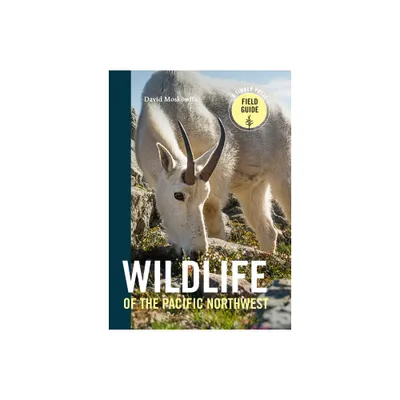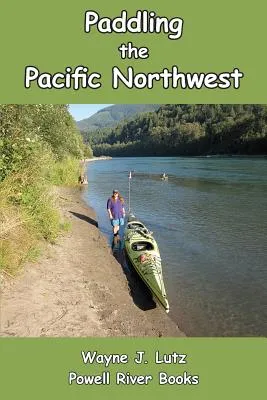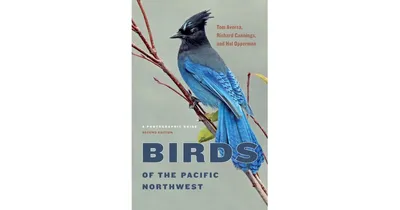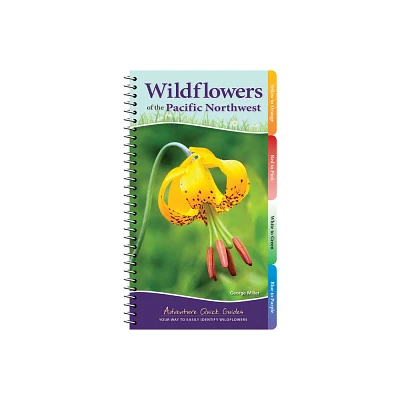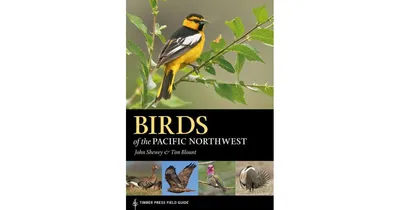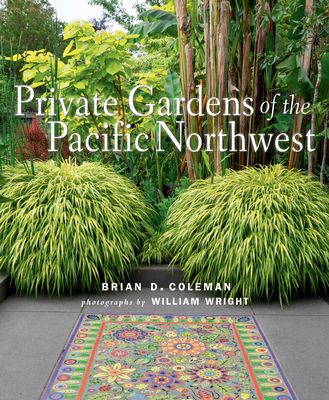Home
Living with Wildlife in the Pacific Northwest
Loading Inventory...
Barnes and Noble
Living with Wildlife in the Pacific Northwest
Current price: $39.95


Barnes and Noble
Living with Wildlife in the Pacific Northwest
Current price: $39.95
Loading Inventory...
Size: OS
*Product Information may vary - to confirm product availability, pricing, and additional information please contact Barnes and Noble
Living with Wildlife in the Pacific Northwest
is all about coexisting with the animals commonly found in gardens, ponds, attics, crawl spaces, and other places where humans and wildlife cross paths throughout Oregon, Washington, and British Columbia.
From bats to woodpeckers, sixty-eight species are described here, with details about feeding and mating habits, family structures, and life cycles.
Living with Wildlife
explains how to attract animals; how to spot their presence by identifying tracks, droppings, and other signs; and how and where to safely view them.
Focusing on the species that provoke the most calls to wildlife agencies and nonprofit groups, the book provides detailed information on how to prevent and solve conflicts with wildlife.
This book is a valuable reference for homeowners, property owners, and property managers; habitat restoration professionals; the wildlife control industry; and private and nonprofit wildlife groups. It can also be used in horticulture and urban wildlife management courses.
includes information on:
68 species of mammals, birds, reptiles, and amphibians
Feeding habits, nesting sites, reproductive habits, ranges, and longevity
Signs of animals’ presence, including tracks, nests, scratch marks, droppings, and calls
Viewing and attracting animals
Preventing conflicts with animals
Controlling animals
Public health concerns
Legal status of each species
Trapping wildlife
Evicting animals from buildings
Hiring a wildlife damage control specialist
is all about coexisting with the animals commonly found in gardens, ponds, attics, crawl spaces, and other places where humans and wildlife cross paths throughout Oregon, Washington, and British Columbia.
From bats to woodpeckers, sixty-eight species are described here, with details about feeding and mating habits, family structures, and life cycles.
Living with Wildlife
explains how to attract animals; how to spot their presence by identifying tracks, droppings, and other signs; and how and where to safely view them.
Focusing on the species that provoke the most calls to wildlife agencies and nonprofit groups, the book provides detailed information on how to prevent and solve conflicts with wildlife.
This book is a valuable reference for homeowners, property owners, and property managers; habitat restoration professionals; the wildlife control industry; and private and nonprofit wildlife groups. It can also be used in horticulture and urban wildlife management courses.
includes information on:
68 species of mammals, birds, reptiles, and amphibians
Feeding habits, nesting sites, reproductive habits, ranges, and longevity
Signs of animals’ presence, including tracks, nests, scratch marks, droppings, and calls
Viewing and attracting animals
Preventing conflicts with animals
Controlling animals
Public health concerns
Legal status of each species
Trapping wildlife
Evicting animals from buildings
Hiring a wildlife damage control specialist
